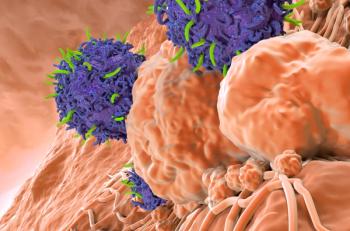
Certain antibiotics may have a more significant impact on CAR T-cell efficacy and toxicity.

Certain antibiotics may have a more significant impact on CAR T-cell efficacy and toxicity.
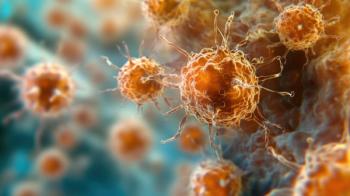
The administration of immunotherapy in adjuvant, neoadjuvant, and perioperative settings offers distinct benefits and challenges in resectable cancers, with recent clinical trials highlighting its potential to improve long-term outcomes and the need for further research into biomarkers and combination strategies.
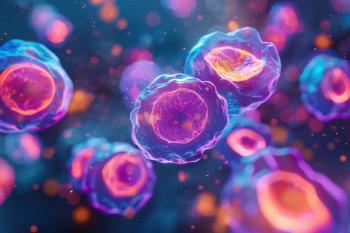
The FDA’s accelerated approval of lifileucel (Amtagvi; Iovance Biotherapeutics) marks a major milestone in immunotherapy for metastatic melanoma, building on decades of research in tumor-infiltrating lymphocyte therapy.
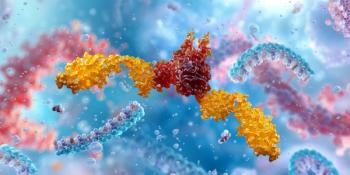
Immunotherapy pioneer James P. Allison, PhD, revolutionized cancer treatment by discovering immune checkpoint blockade, leading to significant advances in survival rates and ongoing efforts to optimize immuno-oncology strategies.

Advancements in neoantigen vaccines and immunotherapy are transforming cancer treatment by leveraging genomic sequencing to overcome tumor heterogeneity and therapeutic resistance.
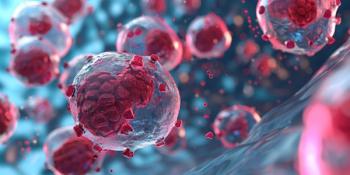
Melody Smith, MD, MS, discusses how microbiome modulation may influence CAR T-cell therapy toxicity and outcomes, highlighting potential future interventions and clinical integration challenges.
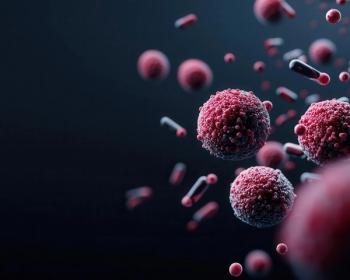
The AACR Immunotherapy Conference 2025 will provide pharmacists with the opportunity to engage with cutting-edge cancer immunotherapy research, explore advancements in treatments, such as immune checkpoint inhibitors and CAR T-cell therapy, and connect with key leaders in the field.
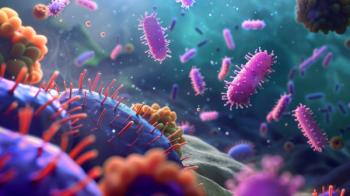
Melody Smith, MD, MS, discusses how the intestinal microbiome influences CAR T-cell therapy outcomes, highlighting the negative impact of certain antibiotics and the potential role of dietary interventions in improving treatment efficacy.